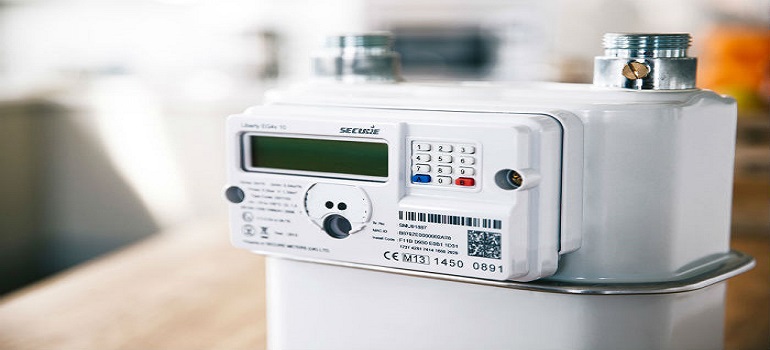Amendments align with smart meter mission and aim to shift demand to non-peak hours
The Indian government has introduced amendments to the Electricity (Rights of Consumers) Rules, 2020, which include the implementation of time-of-day tariffs (ToD) for electricity consumption. These tariffs involve differentiating prices based on peak and non-peak hours throughout the day.
The amendments align with the ongoing national smart meter mission, which aims to install millions of prepaid smart meters in households and various consumer segments to improve energy accounting. The introduction of ToD tariffs will be facilitated through smart meter installations. The government intends to encourage commercial and industrial (C&I) sectors, which consume significant amounts of electricity, to shift their energy demand to non-peak hours by offering cheaper tariffs during those times. Under the ToD system, higher tariffs will be charged during peak hours, while lower tariffs will be applicable during off-peak hours.
As part of the recent amendments to the Electricity (Rights of Consumers) Rules, 2020, the government has directed state power regulators to ensure that tariffs during solar hours are at least 20 percent lower than the usual tariffs across all categories, except for agricultural connections. Solar hours will be defined as a specified eight-hour duration during the day, as determined by state electricity commissions.
Furthermore, the government has mandated that the ToD tariffs for C&I consumers with a maximum demand exceeding 10 kW must be implemented by April 1, 2024. For other consumers, excluding agricultural connections, the tariffs should be enforced starting from April 1, 2025. The government notification states, “The Time of Day (ToD) tariff specified by the state commission for commercial and industrial consumers during the peak period of the day shall not be less than 1.20 times the normal tariff, and for other consumers, it shall not be less than 1.10 times the normal tariff.”
In addition, the government has prescribed requirements regarding meter readings. It has mandated that all types of smart meters should be read remotely at least once a day, while other pre-payment meters should be read by an authorized representative of the distribution licensee once every three months. The data on energy consumption should be made accessible to consumers through websites, mobile applications, Short Message Service (SMS), or similar means.
Consumers with smart pre-payment meters will also have access to daily consumption and balance information. Notably, after the installation of smart meters, no penalties will be imposed on consumers based on the maximum demand recorded by the smart meter for the period prior to installation.
These amendments aim to promote energy efficiency, facilitate better management of electricity demand, and enhance consumer engagement by providing real-time information on energy consumption and pricing.


